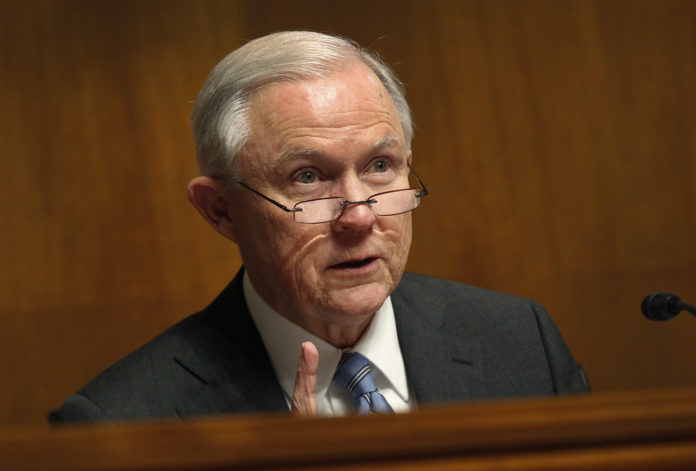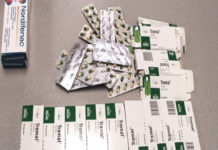
United States Attorney General Jefferson Beauregard Sessions III announced that a new team would be created to help the FBI expand its online opioid patrol.
In a press release issued by the Department of Justice’s Office of Public Affairs on Monday, Sessions announced the creation of the Joint Criminal Opioid Darknet Enforcement (J-CODE) team. According to the release, the J-CODE team will provide federal law enforcement with support as they work to infiltrate online opioid sales and prosecute those behind the sales of illicit substances.
The release details the support that the J-CODE team will be able to provide to the FBI’s efforts in the fight against online opioid trafficking, including doubling the number of agents working on the issue. The release states that dozens of additional intelligence analysts, special agents, and professional staff will be assigned to the J-CODE team to help federal law enforcement grapple with the realities of the opioid crisis.
As the opioid crisis continues to affect the country, the consequences have been dire. In 2016, a record-setting 64,000 Americans died of drug overdoses, and while the final statistics have yet to be determined, the death toll for 2017 is suspected to be even higher. In response to these startling statistic, Sessions has generally eschewed solutions that involve addiction recovery treatment, instead advocating solutions based on criminal penalties.
The effort to increase the FBI’s investment in the fight against online opioid trafficking is a continuation of previous endeavors undertaken by the agency. In July of 2017, Sessions announced that AlphaBay, a darknet marketplace site where users bought and sold opioids and other illicit substances, had been successfully shut down.
In addition to the efforts of federal law enforcement in combating online opioid trafficking, recent progress has also seen nearly 23 tons of cocaine seized from drug traffickers transporting the illicit substance across international waters.















